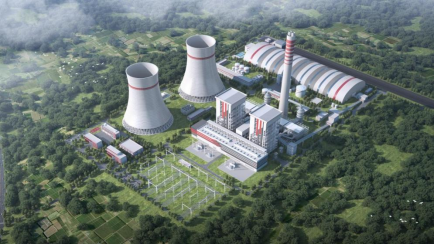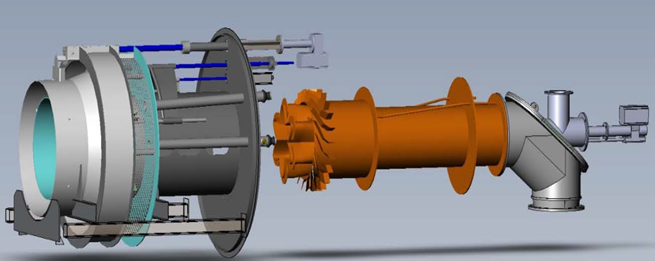
Pioneering Flexible Combustion: Empowering Renewable Energy in Gas-Scarce Regions
The global energy sector is witnessing a paradigm shift with the rise of renewables like solar and wind power. Yet, for nations with limited natural gas reserves, ensuring grid stability amidst fluctuating renewable outputs presents a unique challenge. The groundbreaking development of Low NOx combustion equipment, capable of a 13.7% low-load operation in a supercritical 600MW power unit, has emerged as a critical solution. This advancement holds particular significance for these countries, as it mitigates their reliance on natural gas for power generation.
The Challenge of Renewable Integration in Gas-Limited Nations
Countries with scant natural gas supplies often rely on coal or imported energy sources to balance their grids, especially during periods when renewable energy is insufficient. However, the inflexible nature of traditional power plants, which are not designed to operate efficiently at reduced loads, exacerbates the problem, leading to wasted resources and heightened emissions.
The Low-Load Combustion Solution
The newly developed Low NOx combustion equipment is a game-changer for energy sectors constrained by gas scarcity. By achieving stable combustion at such low loads, this technology provides a much-needed flexibility in coal-fired power plants, enabling them to dovetail seamlessly with the intermittent nature of renewable energy sources.

Environmental and Economic Benefits
The environmental benefits of this technology are clear: it substantially lowers NOx emissions, contributing to cleaner air quality and a reduced carbon footprint. Economically, it allows for a more efficient use of coal and a reduction in the need for expensive imported natural gas or other fuels, thus fostering energy independence and cost savings.
Supporting a Diverse Energy Mix
The ability to operate efficiently at low loads is a vital tool for countries seeking to diversify their energy mix. It allows for the integration of more renewable energy sources into the grid, reducing the overall dependence on fossil fuels and supporting national commitments to climate change mitigation.
Strategic Significance for Energy Security
For nations without abundant natural gas, this combustion technology enhances energy security. It offers a reliable and efficient way to support the base load of the grid while accommodating the variances of renewable energy production, ensuring a stable supply of electricity to meet the nation's needs.
Conclusion: Lighting the Way for Renewable Expansion
The significance of the Low NOx combustion equipment's low-load operation extends beyond technical innovation—it represents a strategic asset for countries limited by natural gas availability. By facilitating a more robust integration of renewable sources, it lights the way for a sustainable energy future where even gas-scarce countries can flourish with a stable, clean, and diverse energy portfolio. This technology is not just an advancement; it's an enabler of a more resilient and independent energy landscape in regions where it's needed the most.
